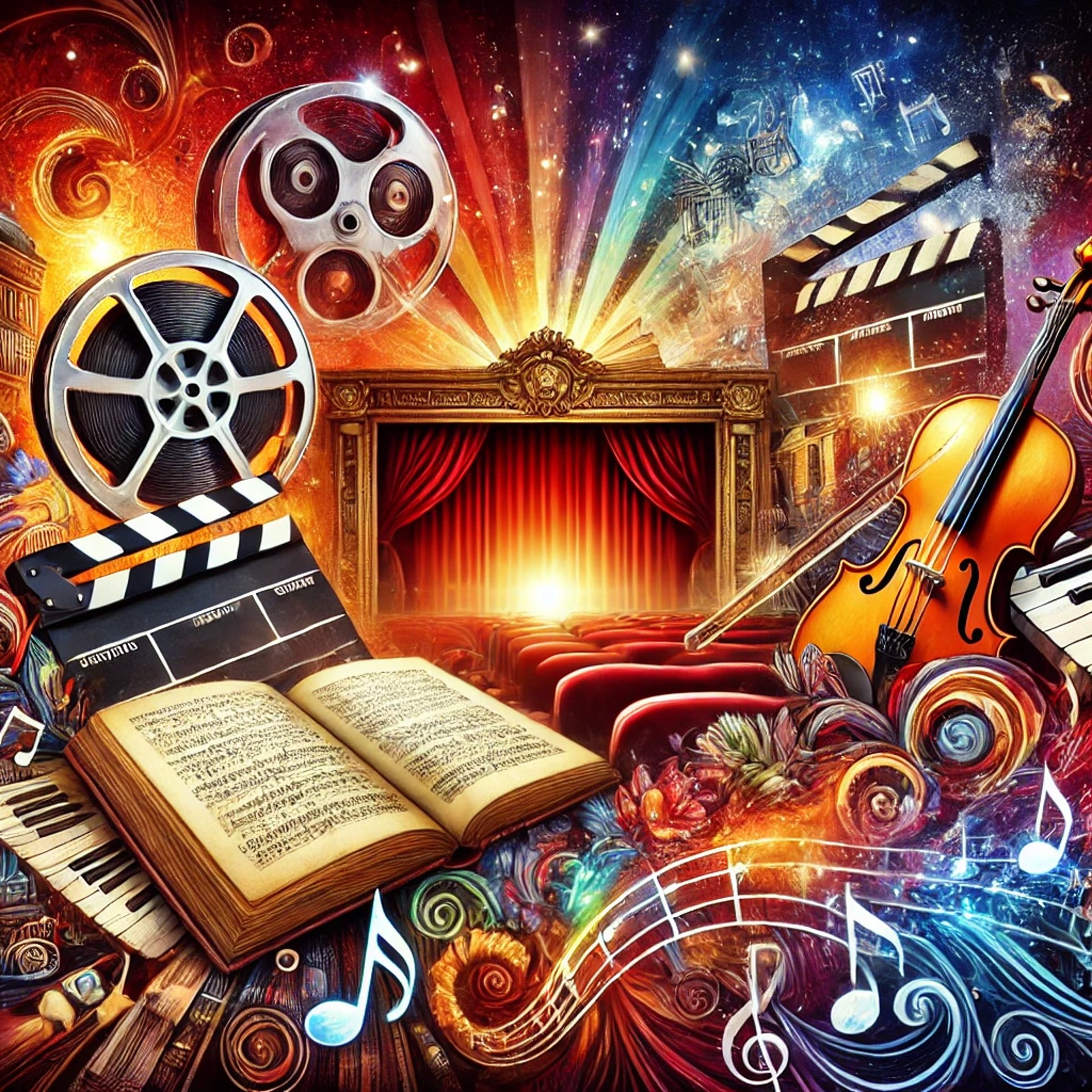
Life Imitates Art & Vice Versa
Topics
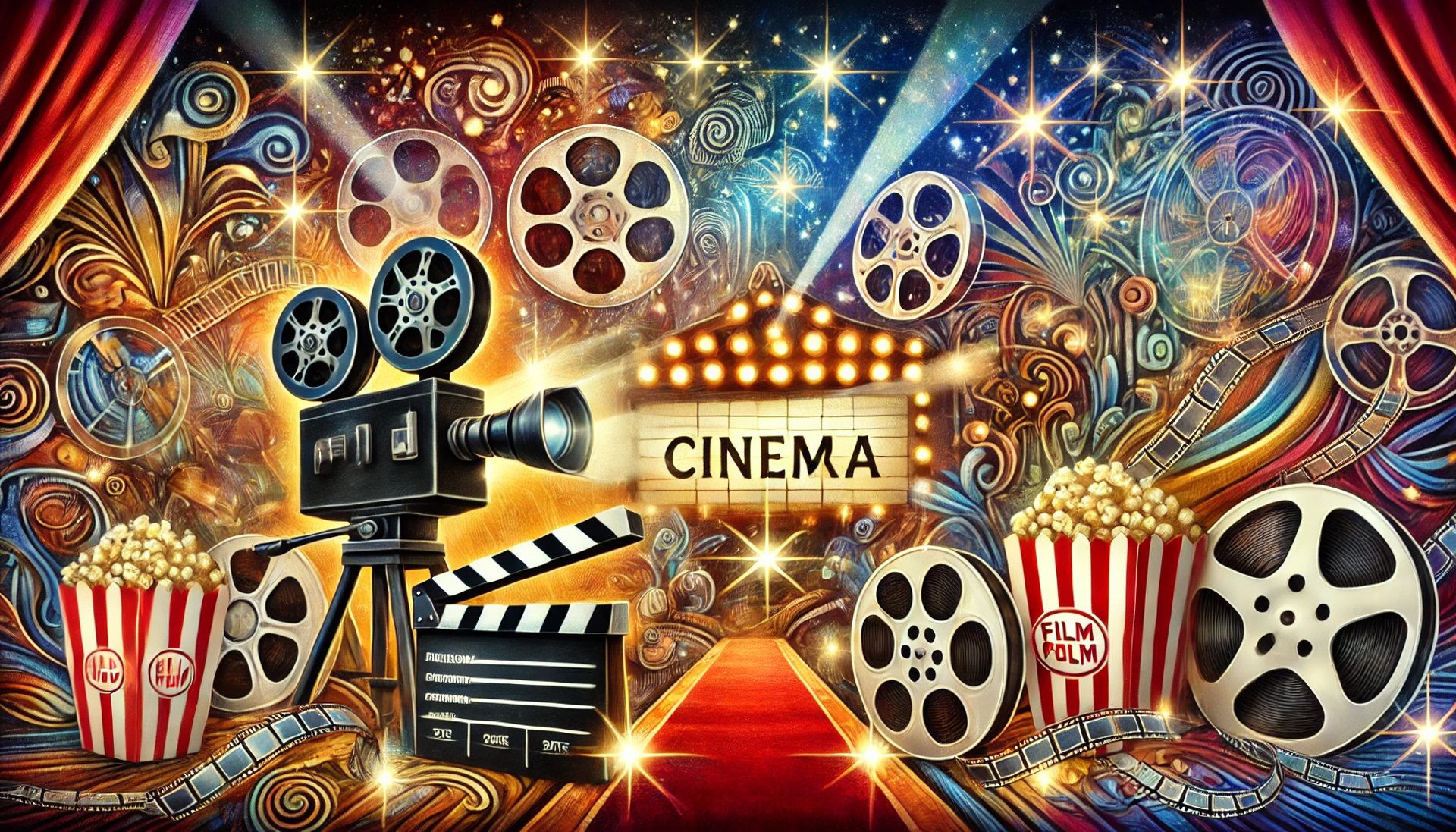
Art and Life, Eternal Embrace
Have you ever stopped to consider that art is like a mirror to the human soul? Every brushstroke, every musical note, every written word is a reflection of our deepest joys, sorrows, fears, and desires. From the earliest cave paintings to the most contemporary digital art, humans have sought to express themselves and connect with others through art. It's a language that transcends words, a way of sharing our experiences and understanding the world around us.
Art doesn't just imitate life; it transforms it. When we engage with a piece of art, we're transported to other worlds, experiencing emotions we didn't know we had. It's like peering into a window of the soul, allowing us to glimpse the beauty and complexity of the human experience. Art is both a reflection of our world and a force that shapes it.
What about you? Have you ever felt touched by a work of art? Have you ever felt that a film, a song, a painting or a piece of literature spoke directly to you?
Art connects us, inspires us and makes us grow as human beings. When we appreciate a work of art, we are celebrating life in all its nuances.
How about venturing into this infinite universe of the Seventh Art and discovering new ways of connecting with yourself and the world?



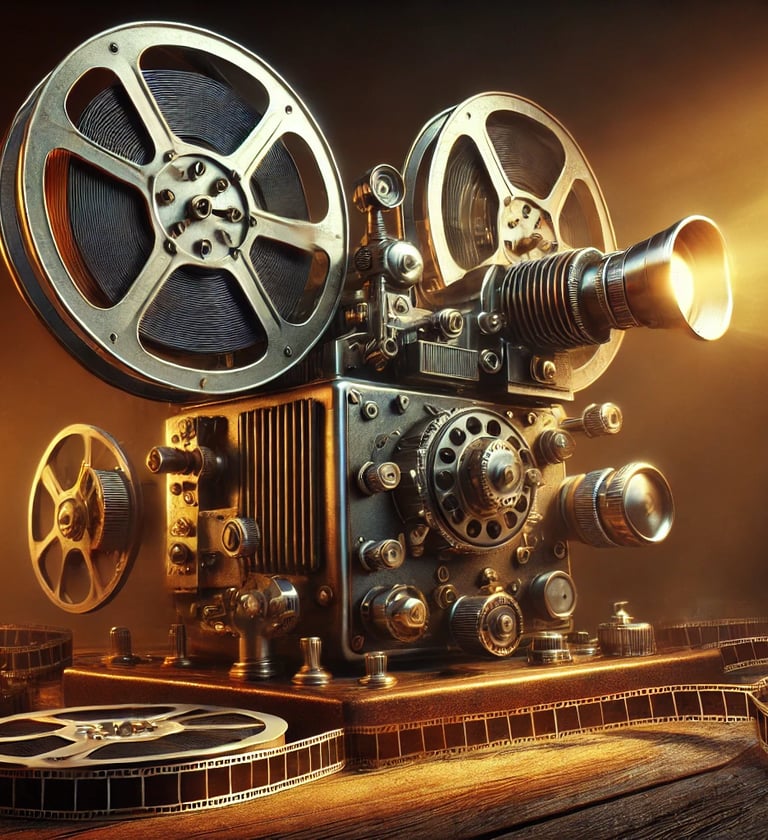

Art and life are intertwined in an eternal dance. Art is born from life, and life is enriched by art. It's a cycle of creation and inspiration, where artists draw from their experiences to create works that, in turn, shape the way we perceive the world.

Cinema: A Window to the World and a Mirror of Society
Magic Comes from Darkness: A Brief History of Cinema
The idea of capturing and reproducing movement has always fascinated humanity. From cave paintings that attempted to record life in motion, to optical toys that created the illusion of movement, the desire to bring images to life was latent.





The Pioneers of LightIn the 19th century, several inventors dedicated their lives to making this dream a reality. Thomas Edison, with his kinetoscope, created a device that allowed individual viewing of short films. But it was with the Lumière brothers that cinema became a collective experience. In 1895, they introduced the cinematograph to the world, a device capable of filming, developing and projecting moving images.
The screen as a window to the world
The first public screening of a film, in Paris in 1895, was a milestone in the history of humanity. For the first time, people were able to see the world move on a screen. From that moment on, cinema spread rapidly throughout the world, capturing the public's imagination and revolutionizing the way people communicated and had fun.
From dream to reality: capturing motion


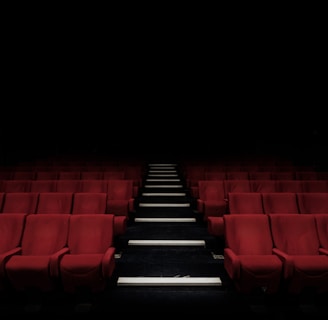
A Time Machine
Cinema has the power to transport us to any time and place. We can relive important historical moments, experience exotic cultures and explore alternative realities. Films like "The Godfather" transport us to the world of organized crime, while "The Lord of the Rings" takes us to a universe of epic fantasy.
A Mirror of Society
Cinema is a reflection of the society we live in. It captures the values, fears, aspirations and contradictions of the time in which it is produced. Films like "Parasite" and "Moonlight" address issues such as social inequality, racism and identity in a profound and realistic way, promoting important debates and inspiring change.
An Opinion Maker
Cinema has the power to influence public opinion on a variety of topics, including politics, religion and social issues. Films such as Schindler's List and Hotel Rwanda have raised awareness of the horrors of genocide, while films such as The King's Speech and The Social Network have explored complex issues of leadership and power.
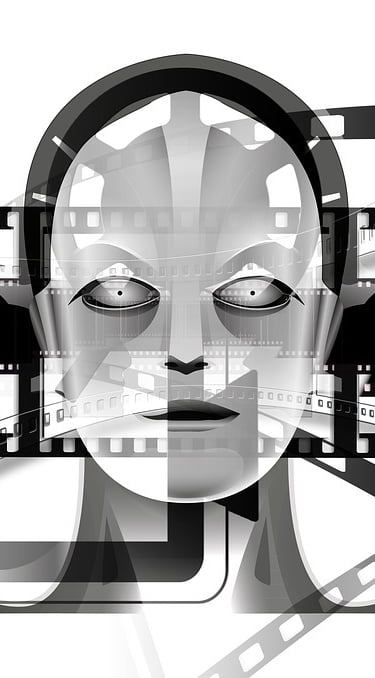




The Power of Images and Stories
Moving images have a unique power to move and inspire. Characters such as Rocky Balboa, Luke Skywalker and Forrest Gump have become cultural icons, representing values such as perseverance, hope and the power of the human spirit.
Works that marked the history of cinema:
Citizen Kane (1941): Considered by many critics to be the greatest film of all time, "Citizen Kane" explored themes of power, ambition and the nature of truth.
The Godfather (1972): A classic film that portrays the rise and fall of a Mafia family, exploring themes of loyalty, betrayal and the power of family.
Casablanca (1942): An epic romance set during World War II that became one of the most iconic films in cinema history.
The Lord of the Rings (2001-2003): An epic trilogy that captivated audiences with its story of friendship, courage and the struggle between good and evil.
Parasite (2019): A South Korean film that addresses themes such as social inequality and the struggle for survival, conquering the world and winning the Oscar for Best Film.
Life Imitates Art
Cinema is more than a form of entertainment, it is an art that connects us, inspires us and makes us reflect on the world around us.
And you, which film marked your life?
HUMANAUTAS
Science, Technology, Curiosities and Behavior.
Contact
humanautaspontocom@gmail.com
© 2024. All rights reserved.
